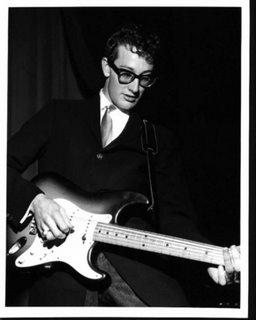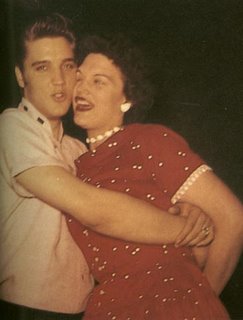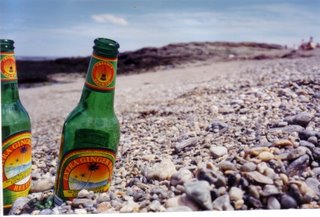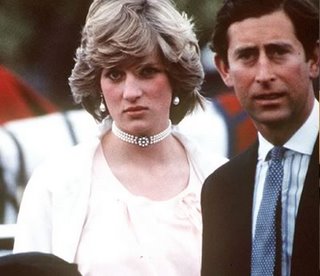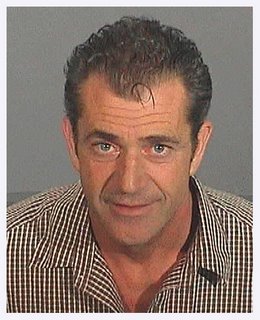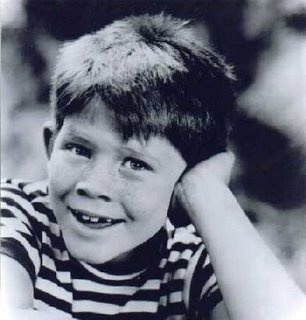
When I was in grade eight I once stood off to one side and watched my best friend of the moment being beaten bloody by a couple of guys.
My reluctance to become involved in the brawl on his behalf may seem like craven cowardice of the lowest sort (it was), but it was also perfectly honorable at another level for a number of reasons.
My friend was being relieved of a quantity of his corpuscles by a couple of older ‘hoods.’ My friend – Chuck was his name – was sort of an apprentice hood. He was a little bugger, but wore black pegged chinos, motorcycle boots, a chain wrist bracelet, and smoked Export ‘plain’. If Export had produced a ‘harsh’ grade, he would have smoked those just to prove how tough he was.
Chuck qualified as an apprentice hood for two important reasons: he rarely showed visible fear no matter how outrageous the circumstances in which he found himself; and he had a juvenile record. Whoa – cool, a record! Oh, it was a picayune record, to be certain. Some sort of minor B&E transgression in which he’d been dumb enough to get caught. But, a record was a record, nevertheless, so it counted.
Another reason for which it was OK that I assumed a spectator role at the time of the donnybrook was because I was not relevant, in the eyes of the real hoods, to what was going on. While I was indeed a buddy of their victim, I was not a part of the hood scheme of things inasmuch as I was just a kid in grade eight who generally went to bed when his parents told him to, hardly ever slashed tires and, arguably most humiliating of all at that age, wore glasses. I mean to say, I wasn’t a nerd; I was just ordinary.
I never did find out what happened to Chuck after grade eight. He moved at the end of that school year. But, I do know that he wanted to become a real hood. I don’t know if he succeeded, but I can of hope so. It’s deemed a good thing to work out a life plan at an early stage so that you then can work towards it and learn what you need to know.
But, Chuck’s hood-wannabe aspirations notwithstanding, real hoods were much more heavy-duty. They were generally on probation, or had done time at one of the popular reform schools of the day (remember reform schools?), a seeming misfortune that actually earned them bonus points in the realm of hood-dom. Real hoods did not worry much about not being “allowed” to go out on week nights. If they had parents, they were capable of beating them up – and did so regularly, or so went the mythology. A mythology utterly believed by ordinary boys in grade eight.
Real hoods carried switchblade shivs, which they would flash at the slightest provocation. They would jeer at references to the knife fight in Rebel Without a Cause because they knew that villain Buzz, in real life, would have gone for Jim’s pretty face. And, Jim, if he had been the real goods, would have revelled in being slashed. A facial scar radically boosted your cachet with babes. It made you look mysterious and evil.
Speaking of babes, real hoods were, again in the legends, almost constantly sexually active. When they weren’t fighting or being arrested, they were screwing. Who they were screwing was headlight-breasted, black-sweatered girls who smoked menthol cigarettes, swore copiously, and got loaded on shoplifted vanilla extract. They were also often Italianate-looking and sported crucifixes in the cleavages between their stiletto-pointed boobs. These were girls who, by the way, attained all the secondary sexual characteristics of puberty by the time they were ten.
Most of all, to this impressionable lad, at least, hoods were very, very cool. I admired them. I wanted to be one of them. Well, not ‘really’ one of them, since I had no desire to commit crimes or go to reform school, but just to be regarded as one of them. I wanted to look the part. I wanted to look the part because aside from such obvious benefits, such as striking fear in the hearts of bullies everywhere, I would also get to hang around with girls with well-filled sweaters who talked dirty – and maybe even acted dirty.
In any quest I had to become a hood, however, I faced certain limitations. In the first place, I lived in the wrong part of town. I was bused to a junior high in the bad part of town, but my home neighborhood consisted primarily of nice kids who wore crew-cuts and ate their vegetables. Secondly, my father was a teacher. Real hoods, if they had visible dads, didn’t have dads who were teachers. They had fathers who swore like longshoremen, drank copious amounts of booze for much of the day, sported tattoos, screwed around on their long-suffering moms, and were reputed to have done time themselves.
Adding to my consternation, my status as a hood-manqué was kind of assured because my mother steadfastly refused to let me even dress the part. I was not permitted to wear pegged pants My mother believed trousers of a zoot-suit nature were only worn by degenerates, by, in a word, ‘hoods.’ “That’s exactly the point, Ma.”
While I was grudgingly permitted to wear my hair in a bourgeois imitation of a ducktail, I was never permitted to actually get it styled in that manner. Haircuts were the order of the day at our house, and Mother was unwavering about that. “I won’t have you looking like some sort of drugstore cowboy.”
I managed to surreptitiously acquire a pair of Cuban-heeled shoes, much to my mother’s chagrin. I was never quite certain that I actually heard the term “pimp” in description of my new footwear to my father, but I’ll swear I did.
But, that which I couldn’t get away with at home, I did on my way to school. Reminds me of a story told me by a female who, at school at a slightly later point in fashion history, would leave the house in conventionally-acceptable skirt, and then when she got far enough away from the family home, would roll it over and over at the waistline until the back of the skirt just barely covered her panties, and then she would continue on her.
In my case, I would leave the house and get halfway down the block, and then turn up the back of my shirt collar, and open at least four buttons of the shirt, regardless of the weather. I would also shove my dungarees down until they were at about mid-hip level. Then I was set for the day – image-wise.
I also, about this time, realized there was something else I could do that would earn me points, both with peers and potty-mouthed girls, I could start to do badly in school. This was difficult for me, and I was forced to overcome all sorts of natural instincts, such as the fact I truly did enjoy reading and really was interested in the cause of the Wars of the Roses. But, in the name of the cause, I persevered. I became sullen and sneary at the back of the class. I purposely misspelled words on essays, I even skipped a few classes until I was caught, and the principal threatened to call my father, whom he knew and regarded as a colleague. I refrained from skipping after that.
Needless to say, I eventually outgrew my intrigue with hoods, recognizing them as the certifiable morons most of them were. I began to do a basic modicum of work at school. I also lost some of those negative role models since at that time in history, most hoods dropped out of school by high school age. Those hoods that stayed actually became progressively more mainstream.
And one guy whom I, in junior high, regarded as almost the crème-de-law-crème of juvenile outlawry, not only joined the mainstream, but he was at university when I was, even toting a briefcase rather than brawling chain, and ultimately went on to become physics professor at MIT, when last I heard.
No word on Chuck yet, however.
 I see creepy Mark Karr is off the hook on the JonBenet Ramsey matter. Was there ever any doubt? Karr, who has already been convicted on child pornography charges, and has stated his fascination with young girls, including an intrigue with the murder of little JonBenet of Boulder Colorado back in 1996, seemed made-to-order and a perfect candidate for a rush-to-judgment.
I see creepy Mark Karr is off the hook on the JonBenet Ramsey matter. Was there ever any doubt? Karr, who has already been convicted on child pornography charges, and has stated his fascination with young girls, including an intrigue with the murder of little JonBenet of Boulder Colorado back in 1996, seemed made-to-order and a perfect candidate for a rush-to-judgment.








